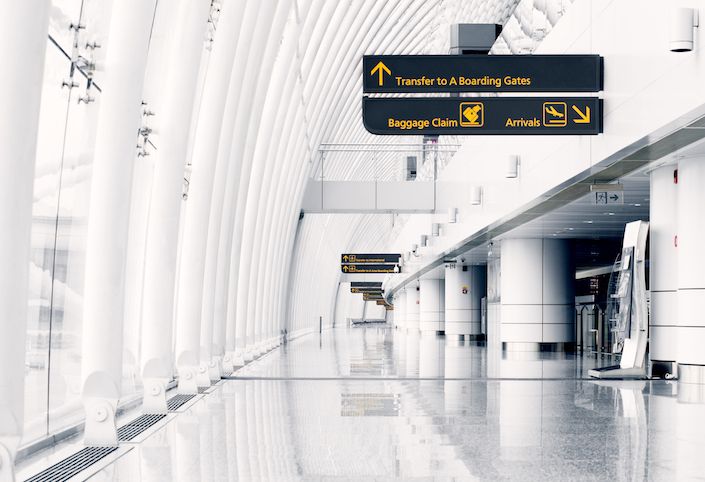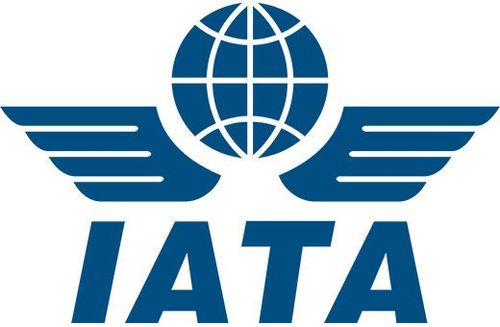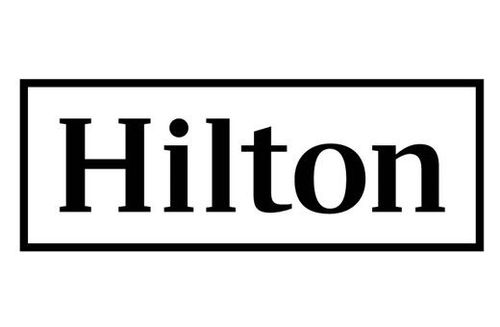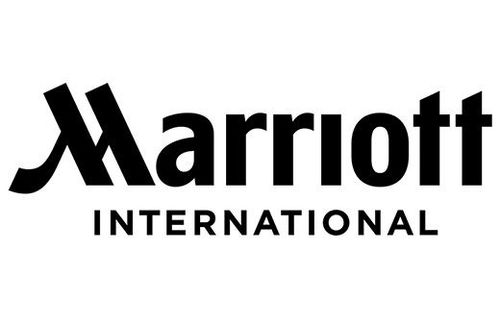Where travel agents earn, learn and save!
News / IATA calls for borders to open and continued relief measures
Total July 2020 traffic was 79.8% below 2019 levels

September 2 - The International Air Transport Association (IATA) is calling on governments to work together to urgently find ways to re-establish global connectivity by re-opening borders and to continue with relief measures to sustain airlines during the COVID-19 crisis.
IATA’s call reflects deep industry frustration as government policies such as closed borders, travel restrictions and quarantines continue to annihilate travel demand. This was evident in a disappointing “peak (Northern Hemisphere) summer travel season” that saw minimal improvements compared to the May-June period, as four in five potential travelers stayed home, based on comparisons with the year-ago period.
• Total July 2020 traffic was 79.8% below 2019 levels
• International traffic in July 2020 was 91.9% below 2019 levels
Specifically, IATA calls for governments to grasp the seriousness of the crisis facing the airline industry and its consequences for their citizens; and IATA urges governments to focus their attention on these key issues:
• Re-opening borders
• Continuing relief measures
• Global leadership
Re-Opening Borders
The world remains largely closed to travel despite the availability of global protocols to enable the safe re-start of aviation (Take-off guidance) developed by governments through the leadership of the International Civil Aviation Organization (ICAO) with the support of the World Health Organization (WHO). This guidance covers all aspects of the passenger journey and recommends sanitary measures to keep travelers safe and reduce the risk of importing infection.
The prerequisite to open borders is the ICAO Take-off guidance. Additionally, IATA is proposing travel bubbles to mitigate risks between specific markets and foresees a much wider and strategic use of COVID-19 testing as technology improves accuracy, speed and scalability.
IATA proposes a three-point action plan for governments to safely re-open borders as follows:
1. Implement the ICAO Take-off guidance universally. 2. Build on the solid work of ICAO Council’s Aviation Recovery Task Force (CART) by developing an agreed common framework for states to use in coordinating the safe re-opening of their borders to aviation. 3. Develop COVID-19 testing measures that will enable the re-opening of borders by reducing the risk of COVID-19 importation to what is acceptable to public health authorities with accuracy, speed and scalability that also meet the exacting requirements for incorporation into the travel process.
Relief Measures
With the exception of some domestic markets there is little evidence of an early industry recovery. Airlines continue to lose billions of dollars and are facing difficult decisions to resize their operations and workforce for the future.
IATA urges governments to focus relief measures in two areas:
• Financial Relief: Facing an industry loss of $84.3 billion this year, a 50% cut in revenues and high fixed costs for aircraft and labor, the financial viability of many airlines is in question. Government relief has been a critical lifeline. But what relief has been given is quickly running out. Government measures to provide additional financial buffers against failure will be critical, and these must not increase already ballooning debt levels
• Regulatory Relief: The most urgent regulatory relief is a global waiver on the use-it-or-lose-it 80-20 slot rule. The severe uncertainty in the market means that airlines need the flexibility to adjust schedules to meet demand without the pressure of being penalized for not using allocated slots. Airlines cannot afford to fly empty planes when market demand drops. Similarly, they cannot pass up revenue when opportunities open up
Many governments, including China, Brazil, Mexico, Singapore, Australia and New Zealand have granted waivers for the winter 2020 season (October 2020-March 2021) recognizing the severe constraints on planning schedules during this period of extreme disruption. Unfortunately, the European Commission (EC), which many governments look to for leadership on air transport policies, is under-estimating the severity of the crisis and dragging its feet:
• The EC has stated that traffic will be restored to between 75% and 85% of February 2020 levels (pre-COVID-19 in most markets) for the winter season. This is far more optimistic than industry scenarios
• Moreover, the EC believes that granting a waiver in mid-October will give a sufficient window for airlines and airports to plan for what is already the most challenging time in aviation history. Given the extraordinary circumstances, over the last several weeks both airports and airlines have been calling for the governments to provide clarity as early as possible. Together with independent slot coordinators they have jointly agreed conditions to allow the EC to progress swiftly
Global Leadership
“Governments have cooperated to set the guidelines for a safe re-start of aviation. But they have not cooperated to actually make a re-start happen. That’s why 90% of international flying has stopped. The demand is there. When borders open without quarantine, people fly. But there is too much uncertainty in how governments are managing the situation for passengers to re-build the confidence to travel.
In fact, what is killing aviation is the fact that governments are not managing the risks of opening borders. Instead, they are keeping global mobility effectively in lockdown. And if this continues, the damage to global connectivity could become irreparable which will generate its own severe consequences for economies and public health.
The global protocols for safely re-starting aviation are agreed and no industry is as experienced in successfully implementing global safety programs as aviation. But we need governments to take on the leadership to manage risks and adopt a mindset of not being defeated by this virus. Then, with testing, technology, science and determination we can re-open borders and get the world moving again,” said de Juniac.
For more information, pleas visit iata.org
More Travel News:
United Airlines permanently eliminates change fees
Palladium Hotel Group is now open in Costa Mujeres!
Kissimmee On-The-Go presents Orlando Tree Trek
ICC and WTTC issue COVID-19 restart guide for the Travel & Tourism sector











